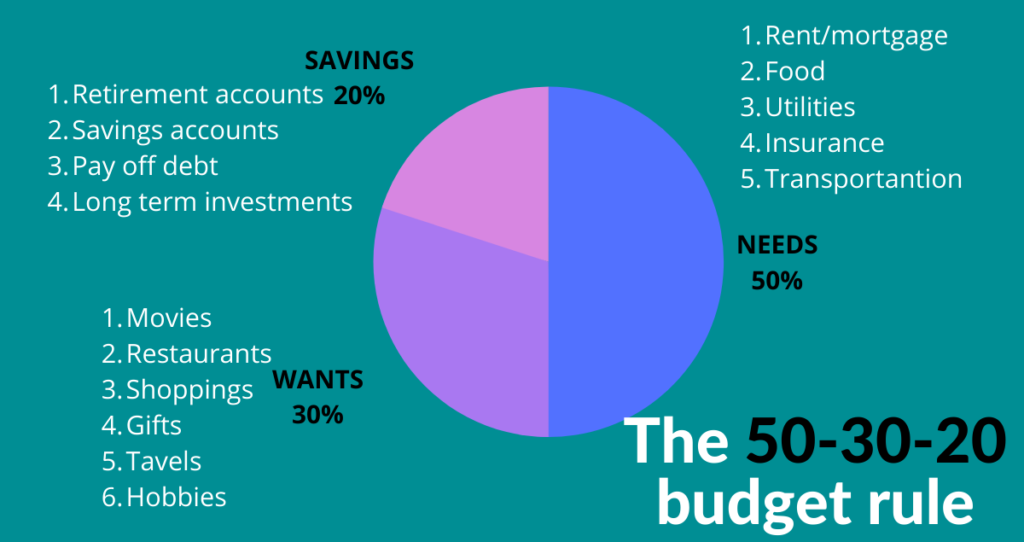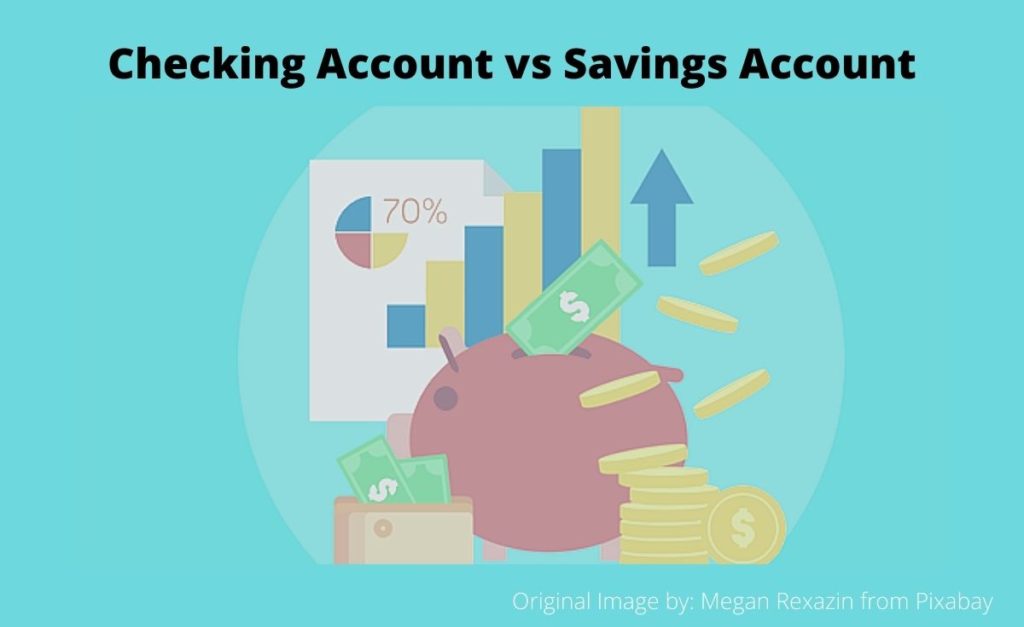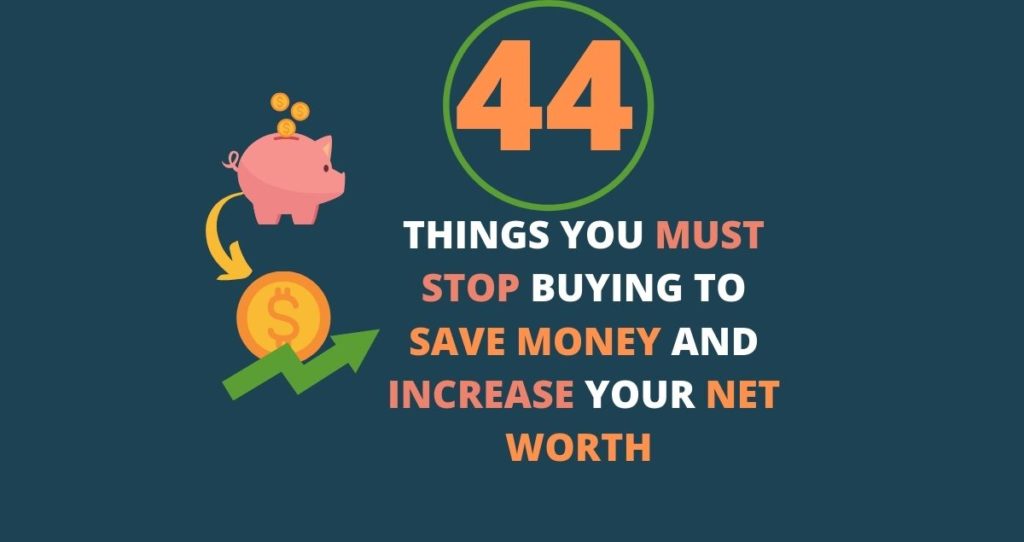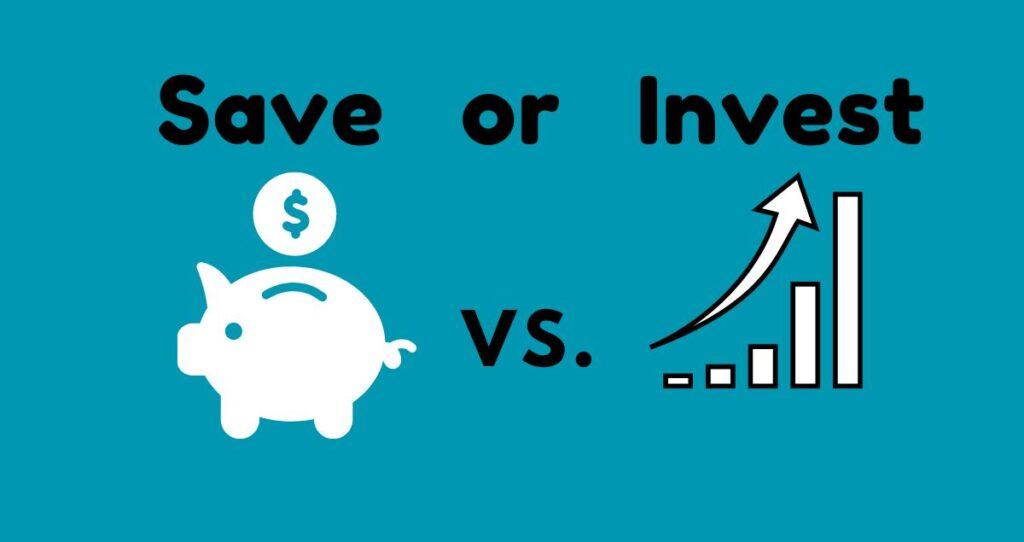A certificate of deposit or CD is a deposit account offered by banks and credit unions that come with a fixed interest rate over time. With their relatively low risks and solid yields, certificates of deposit (CDs) can be an attractive option for investors looking to save but also get a better return on their money. The annual percentage yield (APY) you get from CD accounts is usually higher than yields from traditional savings accounts. But before you dive in, it’s important to understand the pros and cons of investing in CDs.
In this article, we’ll discuss the potential advantages and disadvantages of investing in CDs. Additionally, we will provide you with expert tips on the key factors to consider when deciding whether or not CDs are the right investment for you.
If you are interested in knowing more about the certificate of deposit pros and cons, read on for more details.
What is a CD?
A certificate of deposit (CD) is a deposit account offered by banks and credit unions that allows individuals to deposit money for a fixed period of time in exchange for a higher interest rate than a traditional savings account.
CDs are considered low-risk investments, as they are backed by the Federal Deposit Insurance Corporation(FDIC) and by the National Credit Union Administration(NCUA). The coverage limit from these two institutions is $250,000 per share owner, per insured credit union/bank, for each insurance ownership category. Joint accounts(for two people) are covered up to $500,000.
Additionally, CD accounts come with Fixed rates that can be changed when you have Step-up CDs or Bump-up CDs.
When a CD reaches its maturity date, you can claim your initial deposit along with the interest earned, making it an appealing option if you are seeking stability and security in your investments.
To protect your investment, make sure that you open a CD account with a FIDIC or NCUA-insured bank or credit union.
Pros of investing in CD accounts
Investing in CDs is one of the safest ways to invest your hard-earned money. For example, if you have a lot of cash that you are not planning to use for a while, it would make sense to put it in a CD account than keeping it in your savings account or checking account.
This is because, on top of ensuring the safety of your funds up to the coverage limit, you can also earn a much higher return. This makes CD superior to traditional bank accounts such as savings accounts.
The following are the benefits of investing in CDs and why you should think about opening a CD account.
1. Safety of your money
When it comes to investing, most people are hesitant due to the risk of losing their initial investment or lack of a guarantee of return. For example, if you have purchased a mutual fund, you will make a profit only if the mutual fund is profitable.
CD investments do not operate the same way. In fact, investing in CDs is the safest way to invest your money. Both the FDIC and NCUA insure CD accounts from qualified banks and credit unions up to a certain limit. Assuming you have purchased a CD from FDIC or NCUA-insured institution, your CD account will be insured up to $250,000 for a single account or up to $500,00 for a joint account.
For this reason, safety is one of the biggest pros of investing in CDs. If you are thinking about investing in CDs, make sure that you open a CD account with banks and credit unions that are insured by either FDIC or NCUA.
2. Investing in CDs come with many options
One of the top benefits of CD investing is that they come in many forms with different terms. CDs usually have maturity dates that range from as little as one month to as many as 5 years. This allows you to pick either short-term CDs or long-term CDs depending on your unique financial situation.
3. Investing in CDs come with a guaranteed return on investment (fixed APY)
Most investments out there do not guarantee ROI. For example, if you buy stocks, you will be subjected to the mercy of market volatility. Meaning that your portfolio will fluctuate based on market movement and economic conditions.
Investing in CDs, on the other hand, protect you from this volatility. Meaning that not only that your principal will be safe up to the limit insured by FDIC, but also, the interest you earn will also be fixed. This is essential for those who want a fixed stream of income from their investments.
For example, if you have invested $100,000 in a 12-month CD at 2.5% APY, you should expect to make $2,500 when your CD matures. This guarantee of the interest rate makes CD investing attractive for people who want to earn a return without losing their initial investment.
4. You can ladder CDs
What makes CDs a great option for investment is that they come with a laddering option also known as a CD ladder. For the CD ladder, instead of putting all your money in one CD, you can buy multiple CDs with equal value but different maturity dates. Once the first CD matures, you then reinvest the money in a brand new CD with the highest maturity date on the list.
If you have $15,000 to invest, for example, you can buy 5 different CDs that mature in one-year increments. Then, once the first CD matures, you will then reinvest the money in a 5-year CD. Once the second CD matures, buy another 5-year CD. This process will allow you to continuously have 5 CDs where each one matures in one year. Hence, giving you access to your cash each year without waiting for the whole 5 years.
5. CDs are smart ways to save for long-term goals
Besides safety and fixed interest rates, investing in CDs is a great way to save money for long or short-term goals. This is because CDs offer a much higher turn compared to traditional ways of saving money such as savings accounts or money market accounts(MMAs).
Instead of keeping your money in a savings account where you earn 0.25% APY, for example, you can put your money in a CD and earn 2% or more. This is a huge difference in yields.
Keep in mind that the higher return also comes with restrictions. While your savings account allows a few withdrawals each month, CD accounts do not allow withdrawals of any of your funds until maturity dates. Violating your CD terms usually results in a penalty which could be a loss of interest on your CD account or worse.
Cons of certificate of deposits
While investing in CDs comes with a lot of benefits, there are also cons of CD accounts that should not be ignored. The following are the cons of investing in CDs to consider before opening your CD account.
1. CDs are subject to inflation risks
One of the biggest drawbacks of investing in CDs is the inflation risk. The fact that CDs come with low and Fixed rates means that a rising in the cost of goods and services which is reflected by inflation will make your ROI meaningless.
If order words if the inflation rate is at 7% and you are earning 1% on CDs, you will not be properly hedged against inflation. Your money will be losing 1% of its value while earning you one percent. This is not a smart investment no matter how you look at it. Of course, it is better than keeping the money in a savings account.
2. Lack of liquidity due to early withdrawal penalty
One of the biggest drawbacks of CDs is that they are not liquid. Meaning that you cannot easily withdraw cash and its equivalent without being penalized until it matures. CDs are always locked until the maturity date which is the time you can safely withdraw your money penalty-free.
For example, if you have purchased a 6-month CD, you cannot withdraw your money until it matures 6 months later. If you withdraw your money before the maturity date, you will pay a penalty which could mean losing the interest on your CD or much worse.
So, before investing in any CD, especially long-term CDs, do your research and understand its terms. If you think you might need the money sooner, then purchase short-term CDs or consider a CD ladder.
3. CDs are stricter than savings accounts and money market accounts
While CD accounts come with slightly higher interest rates, they are also more strict compared to traditional savings accounts and money market accounts(MMA). For example, most savings accounts and MMAs allow you to make up to 6 withdrawals per month. Additionally, some savings accounts come with higher APY. High-yield savings accounts are usually offered by online banks and credit unions.
For CD accounts, on the other hand, the money is locked in the account until the maturity date.
If you withdraw money from your CD account before the maturity date, you will pay a penalty.
For this reason, a CD account is more tailed to hold money that you don’t need in the near future. While a savings account can be used to hold your emergency fund or funds you are planning to use in the near future.
4. Earnings from CDs are taxable
Most investment accounts such as brokerage accounts are taxable. Meaning that any return on investment from the account will be taxed. Certificates of deposits(CDs) also fall into the taxable accounts category just like brokerage accounts or savings accounts.
Any interest you earn throughout your CD term will be taxable. Keep in mind that you won’t be able to withdraw your CD returns or earnings until the CD matures. But, the earnings will be applied to your account as a realized income which is a taxable event.
5. Low APY compared to other investments
Before you jump in with both feet and invest in CDs, understand that CDs do not offer the best return on investment. Since CDs are considered to be a form of saving money, they relatively come with much lower annual percentage yields compared to what you would be getting if you invested in other securities.
For example, the average 12-CD rate is currently at 1.59% APY, according to the Federal Deposit Insurance Corporation (FDIC). On the other hand, the S&P 500 has gained at least 7% in the first quarter of 2023, according to Forbes. And Historically, the S&P 500 has averaged a return of 10.10% per year and beat inflation by 6.93% per year, according to the officialdata.org. These are just simple statistics that show how little CD returns are compared to stocks.
Other investments such as Mutual funds, Exchange Traded Funds(ETFs), bonds, and precious metals also beat certificates of deposit by a lot. This goes to show that CDs are not there to offer the best return on investment.
In order words, if you are serious about investing and growing your portfolio, investing in CDs will not be the best way to grow your account due to negligible return on investment. But, if you are more focused on savings, then CDs will be the best alternatives to savings accounts.
CD account vs savings account
One of the biggest questions you will need to answer when trying to save money is whether you should open a CD account or a savings account. Let’s start with the similarities between CD accounts and savings accounts.
What are the similarities between CDs and savings accounts?
Both accounts (CDs and savings accounts) insure your funds up to $250,000 for a single account or up to $500,000 for joint accounts. Keep in mind that this rule applies only when your CD account and/or savings account was opened at an FDIC or NCUA-insured institution.
Both CD and savings accounts are labeled as alternative ways of saving money. Additionally, both accounts can be used as short-term savings goals as well as long-term saving goals.
What are the differences between a CD account and a savings account?
The biggest difference between a CD account and a savings account is the accessibility of your cash. With a CD account, your money is locked in the account and you cannot withdraw it until the maturity date of the CD. For this reason, a CD will be good for you if you don’t need to access your money in the near future.
For a savings account, on the other hand, you are free to withdraw your money. But, you will generally be limited to six withdrawals per month.
Additionally, CDs generally offer higher fixed rates but you must wait until the CD matures before you can withdraw your money penalty-free. A CD account is best to hold money that you don’t need for a while. On the other hand, a savings account is best for emergency funds or money you are going to need in the near future.
What are the different types of CDs?
Investing in a certificate of deposit comes with fixed rates and security of your funds. Knowing the type of certificate of deposit you need to open for your specific financial needs, however, is essential in maximizing your returns.
Each CD comes with different features and terms. So, before you open a CD account, do your homework and evaluate the specifics of each account before signing up. Additionally, all banks and credit unions do not offer all types of CDs. So, check with your institution to see if they offer the CD that you want.
Let’s explore different types of CD accounts and how each type of CD will help you achieve your saving and investing goals.
1. Traditional CD
Traditional CDs also known as Standard CDs are common CD accounts that you would find at almost every banking institution. These accounts come with fixed interest rates and fixed terms. Standard CDs allow you to enjoy a higher APY compared to what you would get from a traditional savings account. So, by investing in a traditional CD, you know ahead of time when you will be getting when the CD matures.
2. Step up and Bump-up CD
While traditional CD accounts come with a fixed rate for the duration of the CD, Step-up, and Bump-up CDs come with interest that can be changed during the term of the CD.
For Step-up CD, the interest rises based on the predetermined schedule established by the bank. If you have a Bump-up CD, on the other hand, you will decide when to request an interest increase. Keep in mind that each bank has its own regulations and terms regarding Step-up CDs and Bump-up CDs. Additionally, the interest you earn can only be increased when interest in the market increased sharply.
For example, in recent years, the interest rates have risen due to inflation. As a result, most financial products including CD accounts have increased annual percentage yields(APYs) they offer to their clients. If you happen to own a CD and interest went higher, you could have requested an interest increase or your bank might have done it automatically.
3. Jumbo CD
When you start investing in CD accounts, you will come across the term Jumbo CD. Jumbo CDs are like your traditional CD. The only difference is that they require a higher minimum deposit. Most jumbo CDs require a minimum deposit of at least $100,000, according to Bankrate.
Some banks, however, may require a slightly lower deposit. So, check with your banks for the specifics of their jumbo CDs. The benefit of jumbo CDs is that they usually come with a much higher interest compared to traditional CDs.
4. High-yield CD
High-yield CDs are usually offered by online banking institutions. Just like high-yield savings accounts, high-yield CDs come with a much higher APY compared to traditional CDs.
5. Callable CD
Very often, a bank might need to redeem the CD and pay you the principal and accrued interest before your CD reaches maturity. These types of CDs are known as Callable CDs and they usually come with higher rates to offset depositors’ risks.
6. Liquid/No-penalty CD
No-penalty CD also known as Liquid CD allow you to withdraw money from the account before the CD matures. Usually, this happens after owning the CD for a given amount of time. Keep in mind that these CDs might come with lower interest rates due to their liquidity.
7. Promotional CD/Special CD
Promotional CDs also known as Special CDs or Bonus CDs are certificates of deposits that come with a much higher APY compared to a normal CD. Special CDs are usually sold in an effort to attract new customers by offering higher annual percentage yields(APY). While the average CD rate could be 1%, for example, promotional CDs can offer as high as 5% or more. Check with your bank to see the specific rates for their promotional CDs.
How to open a CD account?
The process of opening a CD account is simple and similar to opening a savings account. One way to open a CD account is to visit your local FDIC-insured bank or open an account through your bank’s online portal.
During the process, you must provide an ID card and verify your identity. Having an address and social security number is also essential when opening a CD account.
Depending on the CD you are opening, the terms of the CD, and the company, an initial deposit might be required. Additionally, you need to know the CD terms you want ahead of time. For example, you could pick a long-term CD such as a 5-year CD if you don’t need access to the money at all. Or pick a short-term CD such as a 1-month CD if you are planning to use the money in the near future.








